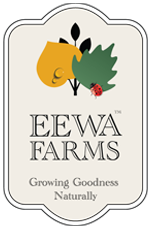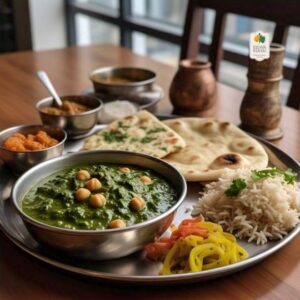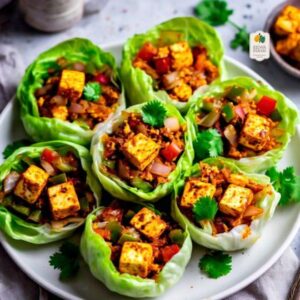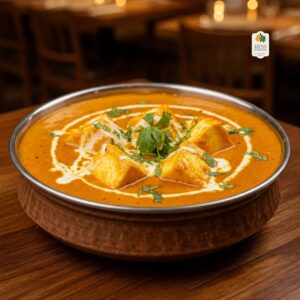
Are Hydroponic Greens Safe for Babies and Toddlers?
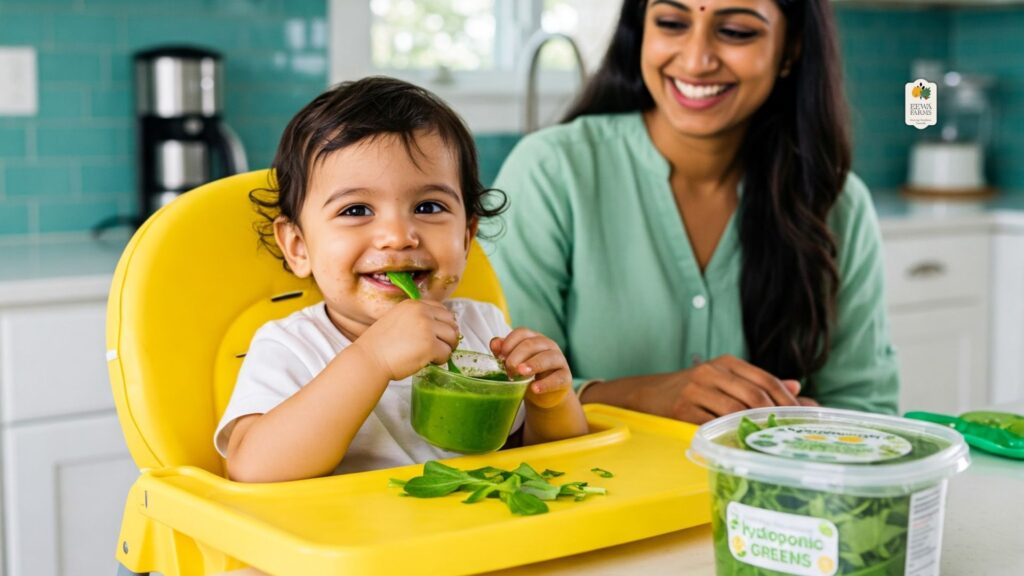
No Soil = No Heavy Metals
Conventional farming in India is often linked to soil contamination from industrial waste, irrigation runoff, and excessive agrochemical use. Crops grown in such soils may absorb heavy metals like lead, arsenic, or cadmium, which pose severe risks to young children’s neurological development.
Hydroponic farming at Eewa Farms uses inert growing media such as cocopeat and perlite, free from toxic residues. Nutrients are administered through standardized, food-safe formulations, eliminating any possibility of heavy metal absorption.
Ideal Texture for Early Feeding
Hydroponically grown greens are tender, uniform, and consistent in leaf structure. This makes them easier to steam, puree, or incorporate into porridges, dals, and khichdi—ideal for early-stage feeding. Since there’s no soil residue or grit, parents can clean and prep the greens quickly without excessive washing or concern for hidden dirt.
Eewa Farms’ leafy greens are harvested fresh, packed hygienically, and delivered within hours—ensuring a clean, soft texture that’s perfect for baby-led weaning and toddler meals.
Lab-Tested Assurance
Eewa Farms goes beyond standard safety by implementing third-party lab testing protocols to verify the absence of chemical residues, pathogens, and contaminants. These safety checks ensure compliance with FSSAI standards, offering a level of transparency not commonly found in conventional market produce.
Each batch of produce is traceable, giving parents the confidence that what they’re feeding their children is safe, tested, and consistently clean.
When to Introduce Greens to Babies
Pediatricians recommend introducing greens around 6–8 months, starting with well-cooked, strained options like spinach, amaranth, or fenugreek. Gradually, babies can consume soft, steamed leaves in small quantities.
For toddlers, greens can be included in parathas, soups, dals, and rice dishes to support healthy growth, gut development, and immunity. Eewa Farms’ pesticide-free greens are suitable for all such uses—with peace of mind about cleanliness and nutrition.
Conclusion
Hydroponically grown greens from Eewa Farms offer a reliable, clean, and nutritionally sound option for parents feeding babies and toddlers. With no pesticide residues, no soil contaminants, and optimal freshness, they align perfectly with the standards of early childhood nutrition. Backed by safety protocols and consistent quality control, hydroponic greens are not just safe—they’re a smart choice for families prioritizing health from the very first bite.
Explore our baby-friendly, residue-free produce at EewaFarms.com or book a visit to our hydroponic farm to see how clean food is grown—with care and precision.
-
Sale!
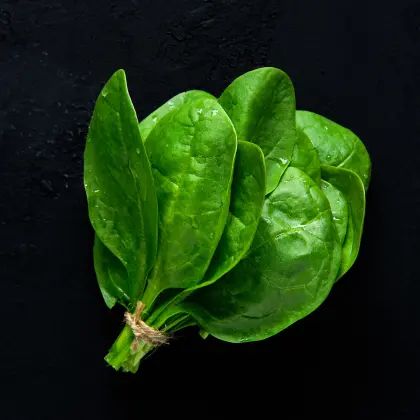 This product has multiple variants. The options may be chosen on the product page
This product has multiple variants. The options may be chosen on the product pageSpinach Large Leaf (Hydroponically Grown)
₹55.00 – ₹538.00 -
Sale!
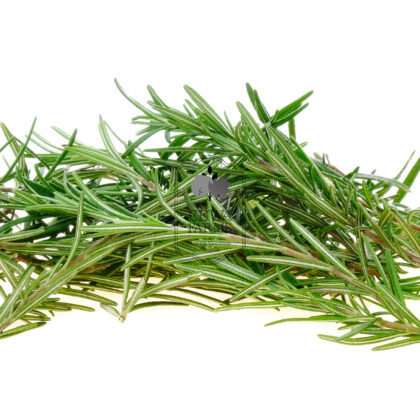 This product has multiple variants. The options may be chosen on the product page
This product has multiple variants. The options may be chosen on the product pageRosemary (Hydroponically Grown)
₹49.00Original price was: ₹49.00.₹45.00Current price is: ₹45.00. -
Sale!
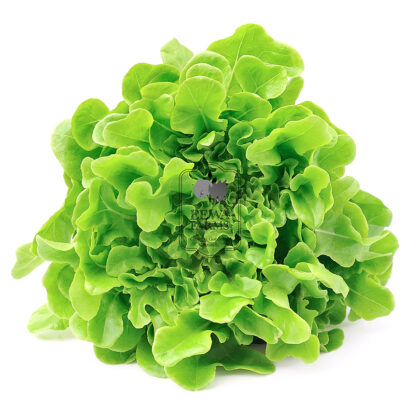 This product has multiple variants. The options may be chosen on the product page
This product has multiple variants. The options may be chosen on the product pageLettuce Locarno (Hydroponically Grown)
₹84.00Original price was: ₹84.00.₹65.00Current price is: ₹65.00. -
Sale!
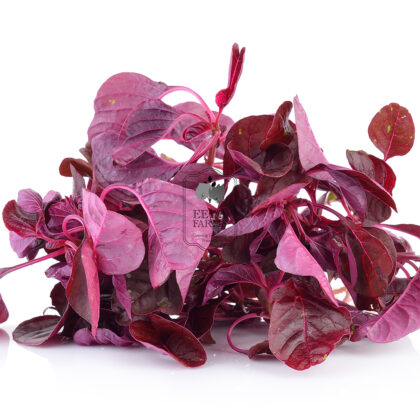 This product has multiple variants. The options may be chosen on the product page
This product has multiple variants. The options may be chosen on the product pageAmaranth (Hydroponically Grown)
₹60.00 – ₹228.00
Sustainable Agriculture for the Future
Hydroponic farming addresses key agricultural challenges, including land degradation, resource inefficiency, and food safety concerns. By reducing reliance on soil and optimizing inputs, it promotes sustainable and responsible food production.
Why Choose Eewa Farms’ Hydroponic Romaine?
Eewa Farms delivers premium hydroponic Romaine lettuce, cultivated through precision-driven, eco-friendly methods. Our produce is:
- Grown under strict quality control, ensuring exceptional taste and texture.
- Residue-free, offering a cleaner, safer alternative.
- Nutrient-rich, supporting a balanced diet.
- Sustainably cultivated, minimizing environmental impact.
Switching to hydroponic Romaine from Eewa Farms guarantees a fresher, healthier, and more sustainable choice for consumers prioritizing quality and food safety.

